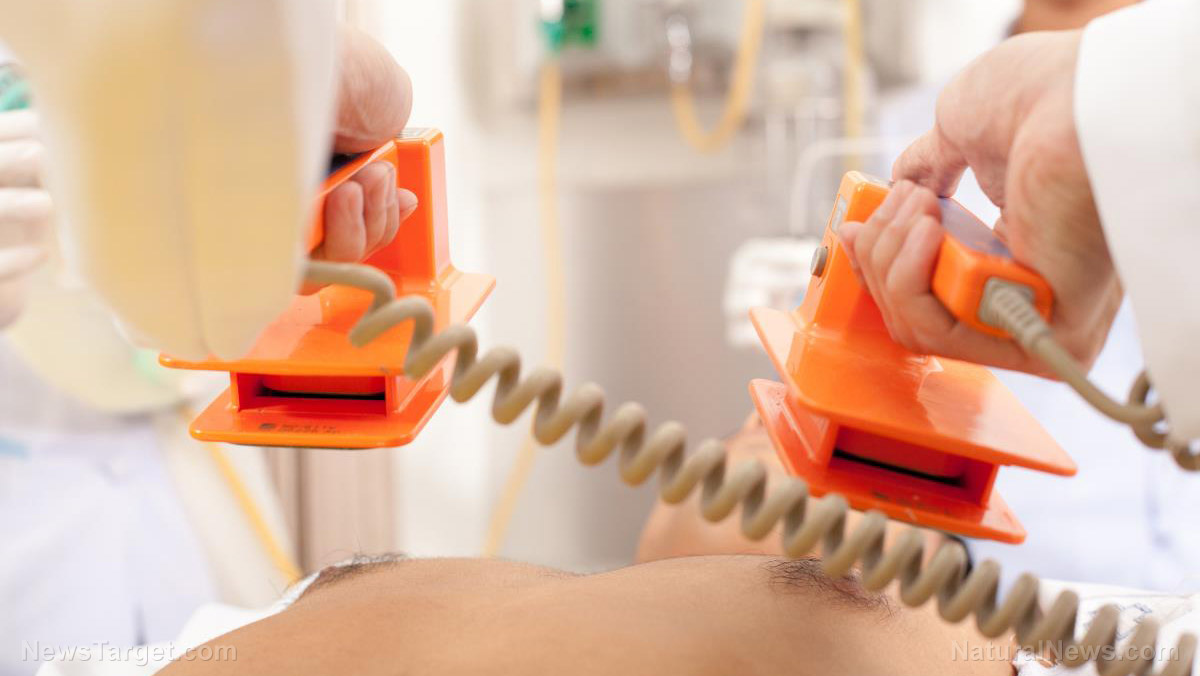The keto diet: Tips to make sure that the eating plan is working for you
11/01/2018 / By Ellaine Castillo

In recent years, many people have started following the keto diet in order to lose weight. However, the results of this diet still vary depending on the individual. Some people might observe immediate results, while for others there might not be any weight loss at all. The body will exhibit different signs to indicate that the keto diet isn’t working out and is potentially causing more harm than good.
The keto diet puts the body in a state of ketogenesis wherein it utilizes ketone bodies instead of glucose as sources of energy. This can be achieved through a low-carb, high-fat diet that provides the body with fewer carbohydrates for energy. When this happens, it switches to using fats for fuel. The fats are then burned to release stored energy, which then results in weight loss. To know if the keto diet is or isn’t working, here are some signs to watch out for:
- The keto flu — People who are just starting out with the keto diet often experience flu-like symptoms such as headaches, body aches, fatigue, and light-headedness because of altered electrolyte imbalances. This happens because the keto diet removes excess water, which takes some of the body’s electrolytes with them. To restore balance, try taking supplements for sodium, potassium, calcium, or magnesium. However, if the problem persists, then there might be a need to increase carbohydrate intake.
- Muscle loss — Following a keto diet should lead to weight loss but when there isn’t much body fat to begin with, the muscles might be used instead. This can also occur if the diet is working too well and too many fats have already been burned. People experiencing this should increase carb intake to prevent the body from losing weight that it shouldn’t.
- Cardiovascular problems — As a muscle, the heart requires electrolytes and proper fluid balance to function well. People who follow the keto diet may indirectly damage the heart by depleting glycogen, which is needed for maintaining fluid balance. For people who are experiencing problems like palpitations, light-headedness, shortness of breath, or extreme fatigue, this diet might not be suitable and should be stopped immediately. Consulting with a healthcare professional can also help you see if there are alternatives that do not have these effects.
- Thyroid problems — The thyroid needs glucose to produce hormones, so without access to carbohydrates its function would be impaired. This is especially harmful to those who are suffering from hypothyroidism or Hashimoto’s thyroiditis. Impaired hormone production would manifest as fatigue and inability to lose weight.
- No weight loss — Since the keto diet is great for losing weight, it’s a sure sign that something is wrong if weight remains the same. This could be due to dehydration, thyroid problems, or too much fat intake. Although the saturated fats that are included in the keto diet aren’t bad for the heart, they can still prevent weight loss.
- Liver or kidney issues — These two organs require lots of water for them to eliminate waste from the body. Because of this, loss of water weight can negatively affect their function. Dehydration also increases the risk of forming kidney stones. The sudden change in foods being consumed can also overwhelm the liver, which processes nutrients in the food and produces enzymes for digestion. To prevent these side effects, try eating more fruits and vegetables or slightly increasing carbohydrate intake.
The keto diet has many benefits aside from weight loss. For one, it can improve cognition, regulate sugar and cholesterol levels, diminish hunger, and reduce acne. However, it isn’t suitable for some people so those who want to give this diet a try should look out for possible distress signals from the body.
Sources include:
Tagged Under: blood sugar, carbohydrates, Diets, eating plan, glucose, keto diet, ketogenesis, ketogenic diet, ketone bodies, nutrition, slender, weight loss



















